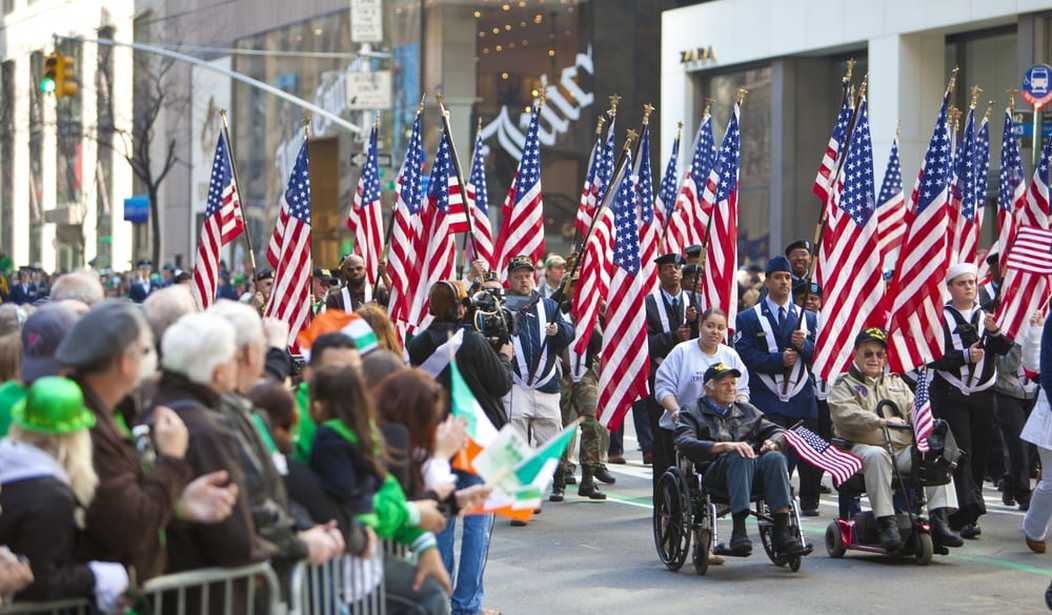The chairmen of the Senate Veterans Affairs and Judiciary committees are charging that the Department of Veterans Affairs may be infringing upon gun ownership rights of some vets by unnecessarily reporting their names to a criminal background check system.
Sens. Johnny Isakson (R-Ga.) and Chuck Grassley (R-Iowa) wrote to VA Secretary Robert McDonald asking why veterans deemed to need a person to manage his or her finances are being reported to the Department of Justice’s National Instant Criminal Background Check System to block their ability to own a firearm.
Though all federal agencies can report to NICS, the VA accounts for nearly all of referrals in the “mental defective” category: 99.3 percent as of June 1, 2012, according to the Congressional Research Service, a figure that “remained virtually unchanged as of September 2015,” the senators noted.
“Once the VA determines that a veteran requires a fiduciary to administer benefit payments, the VA reports that veteran to the gun ban list, consequently denying his or her right to possess and own firearms,” they wrote, noting that the justification is one of competency.
But, Isakson and Grassley counter, the VA is relying on a federal regulation that only mentions financial competency.
“When the VA determines that a veteran requires a fiduciary the end result is a limitation on owning and possessing firearms because the VA reports that veteran to the NICS list – a harsh result that could sweep up veterans that are fully capable of appropriately operating a firearm for self-defense purposes,” the senators wrote.
The ATF’s definition of “mental defective,” they noted, pertains to “the level of impairment of one’s mental state that justifies taking away the right to own firearms must rest at a severe and substantial level – where the mere possession of a weapon constitutes a danger to self or the public.”
“Otherwise, the government has no compelling reason to preclude firearm possession or ownership,” they wrote. “…At no time in the process does the VA determine a veteran to be a danger to self or others.”
Additionally, Grassley and Isakson argued, “the procedural protections that the VA affords to veterans are weak.”
“First, the standard of review, clear and convincing, is particularly low for a fundamental constitutional right. Hearsay is allowed during the hearing process,” the chairmen wrote. “…Furthermore, when a veteran receives a letter stating that the VA believes he is unable to manage his finances, that veteran now has the burden of proving that he is in fact competent to manage his benefit payments and does not need a fiduciary.”
“However, underlying the hearing is a real possibility that the right to firearms will be infringed. Therefore, in light of the liberty and property interests involved, placing the burden of proof on the veteran is highly suspect. Under similar circumstances, the burden is generally on the government. Further, the hearing that takes place is inside the VA administrative system and composed of VA employees rather than a neutral decision maker.”
The senators asked McDonald to answer a dozen questions about the process, including whether the VA secretary believes “that the financial incompetence standard as used by the VA to appoint a fiduciary satisfies the Second Amendment as the Supreme Court has interpreted it.”
Isakson and Grassley also want figures on how many veterans have appealed their placement in the NCIS system, and how many have been successful.









Join the conversation as a VIP Member